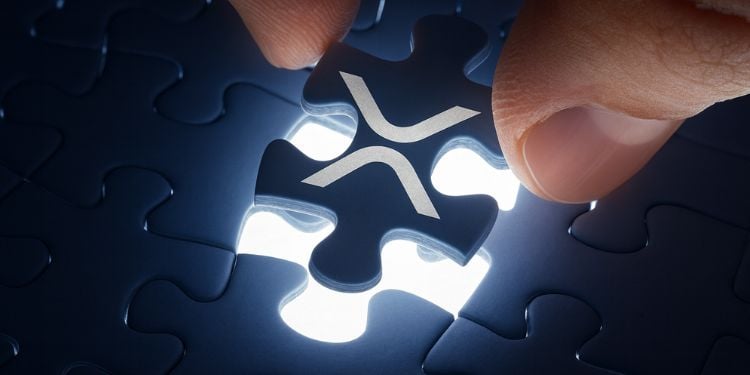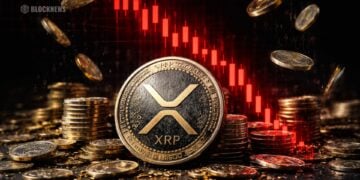- Bill Morgan believes Ripple’s NDA agreements will likely remain enforceable even after the SEC lawsuit’s resolution.
- Ripple has signed over 1,700 NDAs with major institutions, which could continue to limit public disclosures.
- The acquisition of Rail expands Ripple’s regulatory reach but also adds layers of confidentiality obligations.
With the long-running Ripple vs. SEC saga finally closed, lawyer Bill Morgan is turning attention to something less public but potentially just as binding — the mountain of NDAs Ripple has signed over the years. In a recent post on X, Morgan questioned whether those agreements, many drafted well before the lawsuit even began, might still tie Ripple’s hands despite the legal win. His take is that these contracts almost certainly survive beyond the courtroom, meaning certain details about Ripple’s operations and partnerships could remain under wraps for years.
Over 1,700 NDAs Could Keep Ripple Quiet
Ripple’s relationships span hundreds of banks and financial institutions, and the company has more than 1,700 NDAs in place. Morgan noted that these are separate from the SEC matter, so their expiration — or lack thereof — isn’t tied to the case’s conclusion. For Ripple, that means even in a post-lawsuit world, it might not be able to freely share specifics about deals, client integrations, or strategic moves without risking a breach. This level of contractual confidentiality could shape how the company communicates both to the market and to its own community.
Growing Regulatory Reach Brings New Complexity
Ripple’s recent acquisition of Rail — a U.S.-licensed money transmitter with multiple state licenses — expands its regulatory reach in a way that could offer strategic advantages over competitors with narrower licensing, like Custodia Bank. But greater regulatory presence often means more scrutiny and, in turn, more confidentiality layers. While that may strengthen Ripple’s market position, it also adds to the careful balancing act between transparency and legal obligation.
NDAs: Protecting Ripple or Its Clients?
Morgan also posed a bigger question: are these NDAs primarily to protect Ripple, or the institutions it works with? His view suggests the answer is both — and that Ripple breaching them could bring serious consequences regardless of the SEC case being over. As Ripple’s client list grows, so does the complexity of keeping sensitive information locked down while still building public trust. For now, one thing seems clear: even without the SEC breathing down its neck, Ripple’s freedom to talk may be more limited than most expect.














